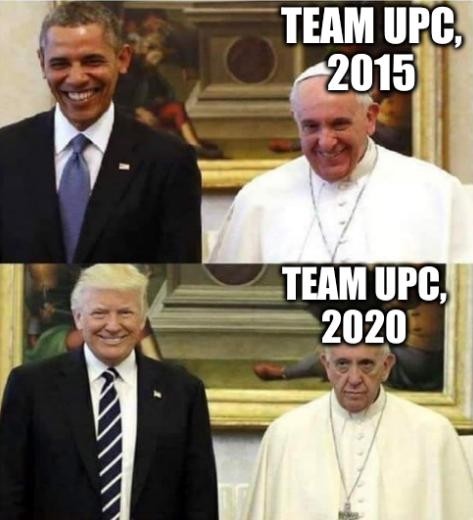

"On noes!"
"The UPC is dead. It's over now. UPCA won't be ratified anymore."No, no, don't get us wrong. We won't waste much more time on this 'carcass' legislation; neither will Team UPC, which has been mostly silent lately (and not because of the lock-downs). But a remark may be needed on this new article by Charles Russell Speechlys LLP's David Fyfield, who speaks of UPC "hope" and pushes it into Lexology (likely for a fee); when he speaks of hope he means his own hope (projection tactics). The UPC is dead. It's over now. UPCA won't be ratified anymore. They keep pretending it's merely a "Delay" (their word). But that's a lie, knowing that there's Brexit and regardless of Brexit there are constitutional issues in a number of countries other than Germany. Here's what Fyfield decided to say a month after Germany buried the UPC:
The decision is a significant setback, as it further delays the introduction of the UPC and Unitary European Patent. It does, however, leave the door open for the adoption of the UPC in the future, provided that it is passed by the necessary majority. In a reaction to the decision the German Minister of Justice and Consumer Protection, Christine Lambrecht, promised to continue to work towards a single European patent and a European Patent Court and to examine the possibility of remedying the lack of form before the end of the current legislative period (which ends in 2021).
Due to the UK’s exit from the EU, and the British government’s decision not to try and pursue participation in the UPC (which was recently confirmed in a letter from the IP Minister to the House of Lords), it is unlikely that the UPC Agreement will come before the German parliament again in its current form.
Without the involvement of the UK, the Unitary Patent and UPC are a less attractive proposition. However, provided that there remains sufficient goodwill towards the project amongst the remaining participating states, the UPC Agreement could be renegotiated so that it does not depend on the involvement of the UK. There may even be an opportunity to address some of the issues that have been flagged in relation to the current Agreement and to widen its scope to allow participation by non-EU states.
Supporters of the unitary patent and UPC should therefore not entirely despair, but a further delay of at least several years looks likely.